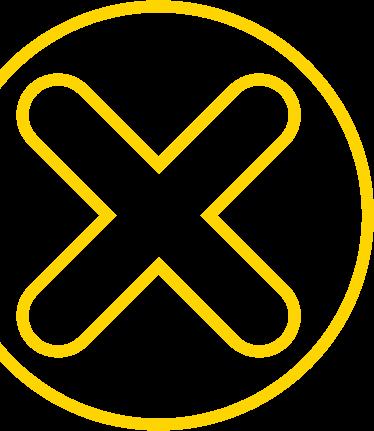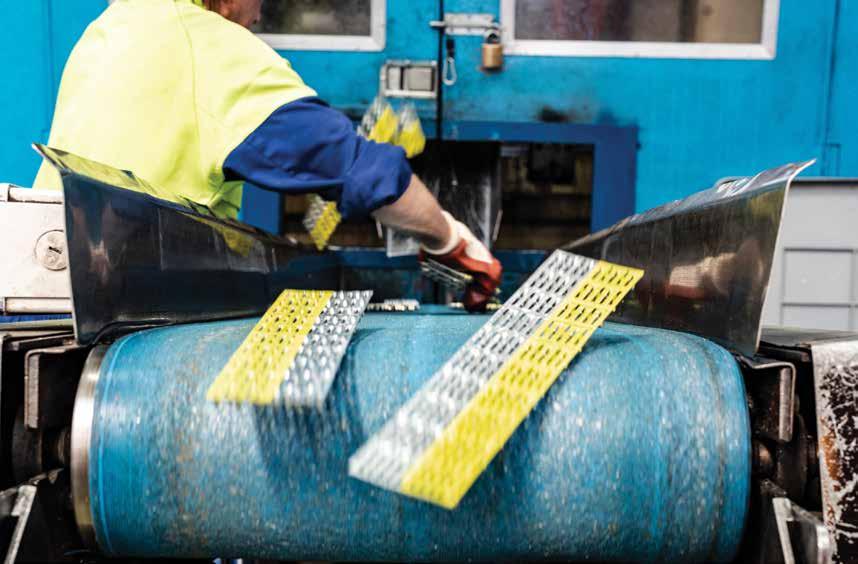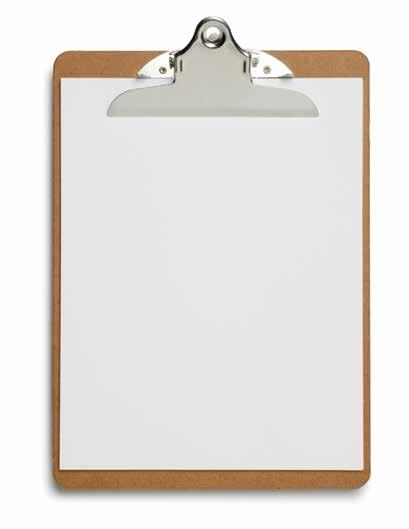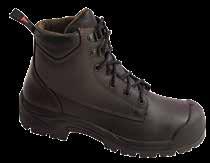FROM NZCB —
Victor Storey Finance Manager
Tax Cuts to Help Businesses While the COVID-19 crisis has impacted all business, it has had a significant impact on small and medium-sized enterprises (SMEs) and over the last few weeks, the Government has introduced several measures to assist business. These include the wage subsidy scheme, the Business Finance Guarantee scheme and on the 25th of March passed a range of business tax changes to assist all business. These additional measures included: Greater flexibility for taxpayers in respect of statutory tax deadlines Inland Revenue has been given greater flexibility to modify timeframes or procedural requirements for taxpayers who are impacted by COVID-19. This will allow the Inland Revenue to provide an extension to due dates and timeframes, or to modify procedural requirements set out in the Revenue Act, i.e. by extending deadlines for filing tax returns and paying provisional and terminal tax. At this stage, the power will be time-limited for a period of 18 months and will apply to businesses affected by COVID-19.
The first round of support measures included: Low-value asset write-off A business can now claim the immediate deduction for low-value assets up to the value of $5,000 (previously this was $500). This change is temporary and applies for one year commencing the 17th of March 2020. From the 17th of March 2021, the threshold will move back to $1,000. Reintroduction of tax depreciation on certain buildings For non-residential buildings, tax depreciation can be claimed at 2% per annum diminishing value or 1.5% per annum straight line. Tax losses on the disposal of a building will remain non-deductible and should a building be sold for more than its tax book value, tax depreciation previously claimed will be recoverable. Use of money interest changes to allow the Inland Revenue to remove use of money interest on late tax payments due to COVID-19 Provisional tax threshold changed from $2,500 to $5,000
Additional Measures Additional measures aimed at providing relief to businesses, particularly those that are struggling to meet their non-labour related fixed costs (i.e. rent) but are not able to take on additional debt, were passed on the 30th of April 2020.
A temporary tax loss carry-back scheme A loss carry-back mechanism that would allow a business to offset a loss in a particular tax year against a profit in a previous year and receive a refund of the tax paid in the previous profitable year. The proposed mechanism will provide cash to firms that are, or anticipate, being in a loss. Step 1 is to allow a temporary mechanism for the 2019/20 and 2020/21 tax years. This should allow a business expecting to make a loss in either the 2019/20 year or the 2020/21 year to be able to estimate the loss and use it to offset profits in the past year, i.e. they could carry the loss back one year. These changes could also mean that the Inland Revenue could refund some or all the tax already paid for the year they were in profit. It is expected that a more permanent mechanism will be worked on over the remainder of 2020. The Government is also working on changes to the Tax Loss Continuity rules. Inland Revenue is currently designing a rule change with regards to Tax Loss Continuity rules to allow a company to raise additional capital to survive. However, this could result in a change to the existing shareholder structure resulting in the loss of tax losses. These new rules will ensure that a company is in a position to carry these losses forward making the business more valuable to investors. The Government is aiming to introduce a bill in the second half of 2020 which they intend to pass into law before the end of March 2021. For more information visit https://www.ird.govt.nz/ covid-19 or speak with your accountant.
12























